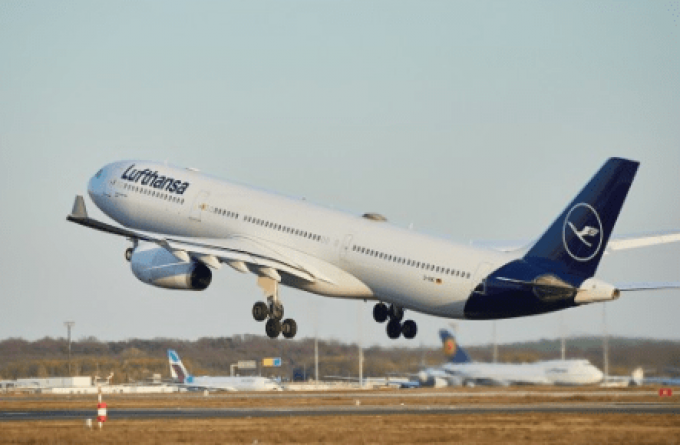Yang Ming reports massive rise in profit, and orders more ships
Taiwanese carrier Yang Ming today reported revenue of $6.94bn last year, representing a 54% increase ...

Lufthansa Cargo has posted a dramatic year-on-year drop in profitability in the third quarter, ending 30 September.
Ebit (operating profit) for the period was breakeven, at €0, and on an adjusted basis, totalled €1m ($1.07m). This compares with €330m and €331m respectively a year earlier.
A spokesperson told The Loadstar the decline was the result of “weak market demand in combination with rising capacity, leading to a lower yield level”.
Traffic revenue – income from actual flown shipments – also fell sharply in ...
Volcanic disruption at Anchorage could hit transpacific airfreight operations
Shippers snap up airfreight capacity to US ahead of tariff deadline
New price hikes may slow ocean spot rate slide – but for how long?
Tighter EU import requirements proving 'a challenge' for forwarders
Looming Trump tariffs will create 'a bureaucratic monster' for Customs
Airfreight demand expected to weaken through Q2
Real test of Gemini hub and spoke model yet to come, says Maersk

Comment on this article